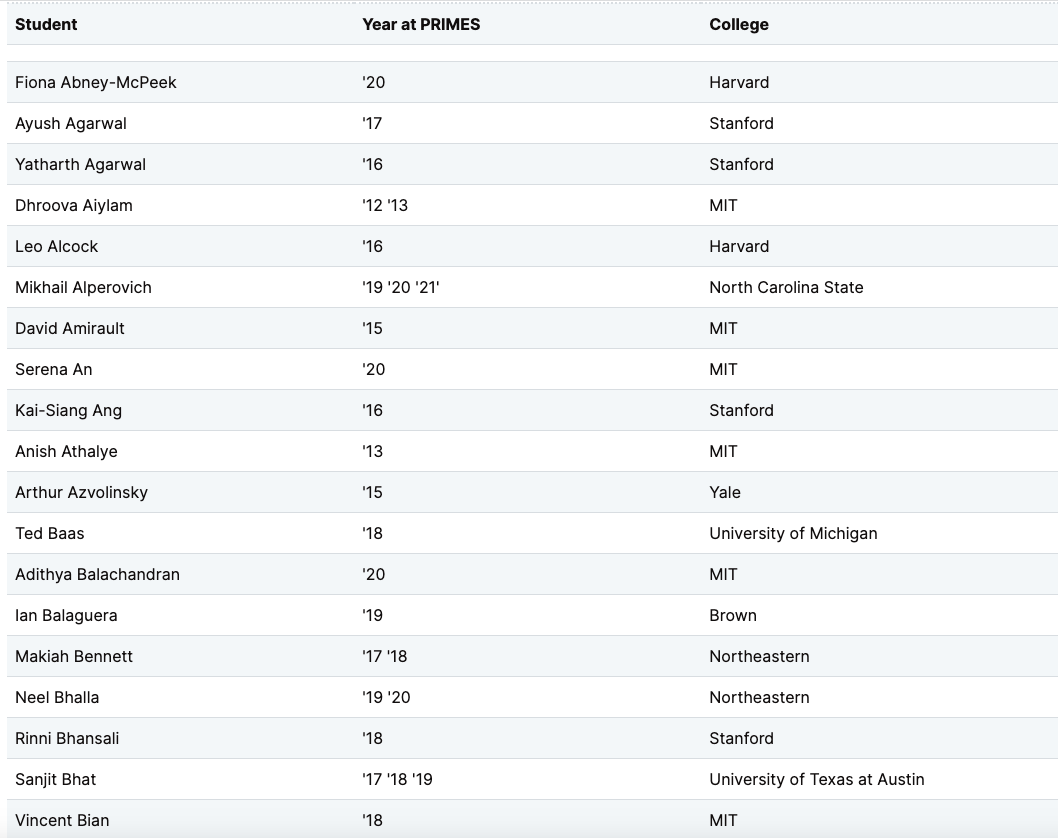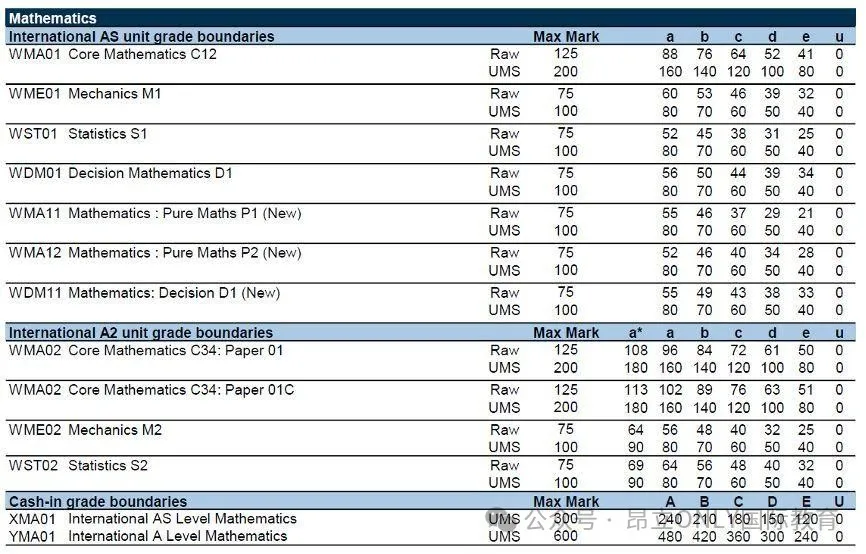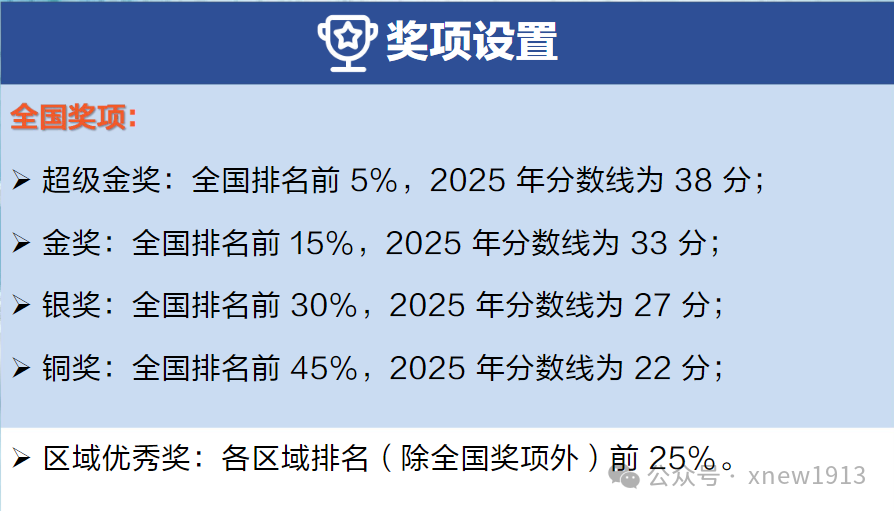听说不少同学都陆陆续续,开启暑假生活了! 距离2024年度冠军赛 也进入一个月倒计时 不知道同学们的备赛计划,是不是也开始了呢🤔
今天我们为大家带来 暑期PF辩题解析 大家可以在假期休息之余,开始为暑期赛事做准备了哟~
*线上全国邀请赛与年度冠军赛同辩题
TOPIC ANALYSIS暑期PF辩题解析
The world of the Pro
正方观点
海洋环境
Marine Environments While most of the world is aware of problems in the Amazon, much less attention has been paid to Brazil’s marine environment.
Brazil’s coastline stretches over 10,000 km and is equal to two-thirds of its land (Arantes, 2024). Unfortunately, Brazil’s ocean ecosystem and biodiversity are increasingly impacted by human activity.
Fishing trawlers (Bourscheit, 2021) and overfishing (Speetjens & Kimbrough, 2022) threaten numerous species not only in Brazil’s ocean, but also their rivers. The Blue Amazon plays an important role in carbon sequestration (Soares et. al., 2022) and feeds an estimated 3.5 million people a year (FAO, 2021).
采矿
Mining Mining has a long history in Brazil dating back to colonization and plays a significant role in its economy ranging from 2-4% of GDP in the past decade (OECD, 2022).
Brazil has a vast resource base with 20% of the global supply in many minerals yet only 1-10% of the production (Global Business Report, 2023).
Although mining contributes to Brazil’s economy, it also damages its environment. Mining was responsible for 9% of deforestation between 2005 and 2015 with much of it taking place on indigenous lands (Forests & Finance, 2022).
It also poses several health risks from pollution and spread of diseases, threatening the quality of life of surrounding communities (Prasniewski et. al., 2024).
Complicating matters is the role of renewable energy. Brazil will need to mine vast amounts of rare earth minerals to meet demand for green technology (Muggah & Margolis, 2023).
天然气和石油
Natural Gas and Oil Similar to mining, Brazil’s oil and natural gas industry contributes to about 10% of the country’s GDP (International Trade Administration, 2021).
As fossil fuel production expands, Brazil and President Silva continue to prioritize economic development over environmental protection, with increases in air pollution as one consequence (Rodriguez, 2024).
With the majority of their oil production off-shore, Brazil experienced recurrent oil spills that damage marine ecosystems, negatively impact health and local economies (dos Santos et. al., 2022).
Discovery of large reserves of oil and natural gas in the undeveloped western regions of the Amazon could drive deforestation and threaten indigenous communities in the area (Fearnside, 2020).
The world of the Con
反方观点
教育
Education Brazil has compulsory education for kids aged 4-17, with 11% of its expenditures on education (OECD, 2023).
Yet, it ranked poorly on the International Student Assessment 2022, largely due to bottlenecks in secondary education, and has embarked on reforms that extend hours in class (Osava, 2024). Brazil’s educational system was severely impacted by COVID, with schools closed for 180 days and 5 million students that have not returned after reopening (The Brazilian Report, 2023).
Disadvantaged students continue to struggle while vocational training is limited, highlighting the importance of productivity improvements (OECD, 2023).
Education remains a critical determinant of economic growth in Brazil, with a 1-point increase in international standardized test scores correlating with a 1-2.2% increase in GDP (Fundação Getulio Vargas’, 2023).
基础设施
Infrastructure Despite President Lula’s 2023 Growth Acceleration Plan, which increased spending on infrastructure, the majority of new spending will come from the private sector not public (Ribeiro & Menezes, 2024).
One study showed that a 1% increase in infrastructure spending increases regional GDP growth by 0.11% and an increase of 0.072% in GDP per capita (Amann, et. al., 2014).
However, increased infrastructure spending in Brazil not only improves economic growth, but it also has the added benefits of helping social progress and sustainability (Fall, et. al., 2024).
Another study found that improved infrastructure has a negative relationship with income inequality (Medeiros, et. al., 2019).
旅游业
Tourism While tourism is an at all-time high (Government of Brazil, 2024), many have argued that there’s still room for growth in Brazil’s tourism sector (CGTN America, 2023).
The European Commission stated that tourism accounts for between 3.7% to 9.6% of GDP if indirect effects are included, and provides over 2 million jobs (European Commission, 2019).
The benefits of tourism are not limited to economic growth and include improved income distribution and reduced poverty (Farias, et. al., 2009). Growth in Brazilian ecotourism shows that increased economic development does not always conflict with environmental protection (Aventura do Brasil, 2023).












